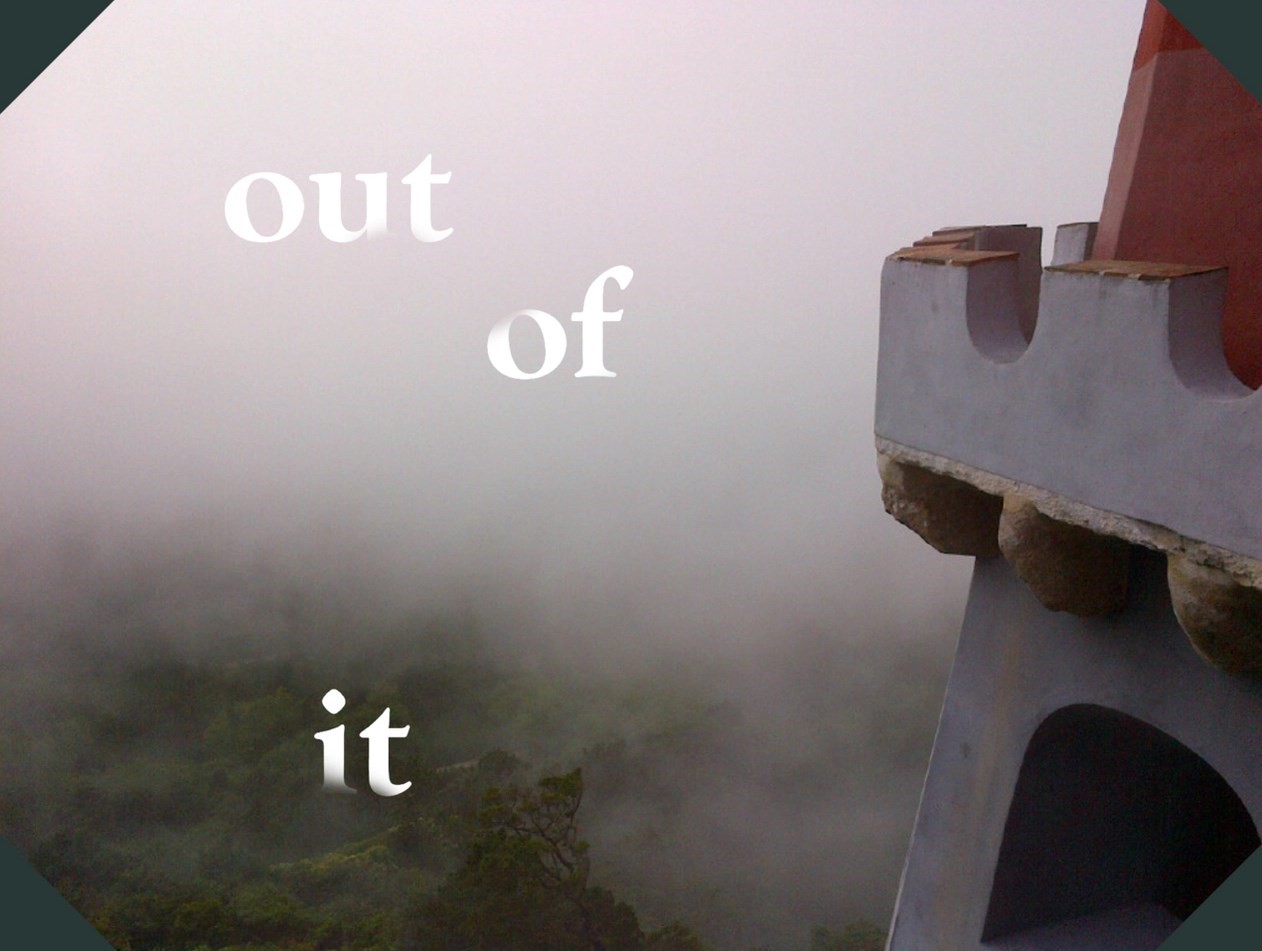Acclaimed writer Mary Gaitskill has never shied away from engaging with the difficult, knotty subjects that dog our time. Her novella This Is Pleasure [2019] was a compelling and nuanced exploration of the Me Too movement, raising more questions than it answered and refusing to conform to a tidy, morally legible conclusion. Her revered short story collection Bad Behaviour [1988] is a modern classic, presenting contrasting tales of desire, rejection, and intimacy – one of which was the inspiration for Secretary, the 2002 film starring Maggie Gyllenhaal and James Spader as a pair of lovelorn loners who find a perfect kind of symbiosis in their mutual dysfunction.
She’s never had a social media presence. The nuanced thinking and moral ambiguity that pervades her work resists the kind of simplistic, clear-cut opinions that are so often fostered by online debate. Just to clarify, Gaitskill is a writer of deep thought and conviction, but shooting off quick-fire opinions and attempting to condense complex debates into pithy, 280-character tweets is the antithesis of how she operates.
Yet, despite her reluctance to contribute to what she has described as the “generally ephemeral, compulsive and hostile content” she’s encountered on the internet, Gaitskill recently became Substack’s writer in residence. Here, on the digital newsletter platform shaking up the publishing industry, she’s found an online format that allows her to respond in real-time yet feels expansive enough to be discursive.
Out of It: Notes from Outside the Consternation Machine is Gaitskill’s series of twice-weekly dispatches, which includes reflections on topical events, her philosophies regarding writing, and how we experience the world around us. Recent posts have contemplated the Johnny Depp v Amber Heard trial, being approached on the street by men, the vitality of literature, ways in which the internet is “beating the crap out of us”, and much more. Future posts promise to tackle controversial subjects such as incels and the handling of public sex abuse scandals, alongside literary criticism and conversations with other writers.
In a conversation over Zoom, Gaitskill discusses traversing the online-offline dichotomy, the perils of being an introvert on the internet, the disembodying effect of modernity, and the persuasive power of sexual charisma.

Emily Dinsdale: I wondered if we could begin by talking about your intentions for writing on Substack, and if you had a manifesto in mind?
Mary Gaitskill: Well, it’s kind of evolved. I didn’t really start out with one. I think I said in my very first post, let’s see what happens. But I’ve noticed something emerging, which is not a political manifesto, actually, but more about speaking up for embodiment. That showed up in a lot of my posts, particularly the one about literature. Literature is not dead, but it’s de-physicalised, it’s disembodied.
Most of the things I’ve written about the internet are about this disembodiment. I wrote one called The Internet is Beating the Crap Out Of Us. I was not saying it’s because it’s polarised politically – although I think one leads to another – but because when you’re out of your body, you cannot relate as well to other people, fellow creatures, because you’re up in some other world which is all about concepts. And often the concepts become disconnected from actually what’s going on on the ground.
ED: You’ve been reluctant to write online in the past. Can we talk about the online/offline dichotomy? And the ways you might have found writing these Substack dispatches different from your usual forms of writing?
MG: I’ve never done social media before at all, so I don’t really know what my experience of that would have been like. I was interested in Twitter when it first came out, because it did look interesting that you could just blast out an opinion or a thought. Sometimes, when some crisis would happen, I would look at Twitter to see what people were saying and think, ‘Do I have anything to add to this?’ And the answer was, usually, not really. It wasn’t because I didn’t have any opinion, it was just that I couldn’t fit my opinion into that format, and then have to respond really fast to other people who would be reacting to it. I just couldn’t see a way to do that.
“Literature is not dead, but it’s de-physicalised, it’s disembodied” – Mary Gaitskill
ED: You mentioned in your opening Substack that there’s a kind of ambiguity that pervades your writing, and I suppose a 280-character tweet allows no space for ambiguity?
MG: Yeah. And also it puts you in a position of having to react very quickly to other people, or ignore them completely – in which case, why are you even there. Whereas with this [Substack], there’s more space to fully say what I want to say, because I do have feelings and opinions about a lot of topics that are happening now. Say the Johnny Depp-Amber Heard trial. What I felt was not really ‘I’m on her side or his side’, but at the end of it, I found the ugliness directed towards her so shocking and horrible and I didn’t see really where I would publish something like that. In the past, I would publish in magazines which have a three-month lead time, so this is a good place for me to be able to develop something that’s more mixed. Because I think a lot of people probably have those feelings ... they don’t quite know where they come down on these complex issues and would like to explore them, rather than say, ‘Well, this is what it is.’
ED: So this format allows you the immediacy of something like Twitter, but in a much more expansive way?
MG: Yes, although I was hoping to interact with readers too. Though for a while – this is lame I guess – but I wasn’t sure I could deal with it. So I turned the comments off for the first two weeks because I just thought I don’t want to get overly involved in it. But I’ve turned them on now, and I don’t know how that’s going to work. Really, I’d like to connect with people on these subjects, but I don’t know how many people will respond. I was thinking one of my next subjects will be incels – men who are involuntarily celibate – and I would expect that’s going to be a more controversial subject. I’m kind of curious as to what people will say about that. Maybe nobody will say anything, but I have curiosity about that.

ED: Yes, that is such an inflammatory subject. But I do think there’s a connection between the Amber Heard trial and incels in terms of an ambient hatred towards women that was just waiting to fix itself upon something.
MG: She’s definitely an object of a lot of backlash, interestingly, from a lot of women. What really struck me about the anger towards her was that it tended to express itself in pictures of her looking really weak and hurt and scared? That’s what really disgusted me about it. And I think that people feel that way about incels too.
I think a lot of the reason people love Johnny Depp is because of his sexual success and his beauty. Men admire other men who can dominate women and who can have sex with as many women as they want. And that’s what Johnny Depp looks like. Same thing with OJ Simpson a long time ago. Even with all the racism in this country, he was really sexually attractive to a lot of women. And I think that’s part of the reason he won the case. Incels are the opposite – they can’t succeed with women, and I think they’re despised for that reason. Some of them have really turned themselves into something that everybody’s going to hate, because they seem so hateful themselves. But I think it starts from a position of extreme weakness, and that’s why people – a lot of people, anyway – despise them. It’s because they’re perceived as weak and losers.
ED: So we might think that we are recoiling from them because of their politics or their ideology but it's their abjectness we’re also disgusted by?
MG: I think that’s a lot of it. Incels have not helped their own cause, but I don’t think they’ve got much of an ideology. That’s what’s difficult about it because their sites have mostly been banned, so most of what I’ve learned about them has been secondhand. Although I have listened to this podcast called Incel where Naama Kates, who’s very empathic with them, talks to a lot of incels about their beliefs. She also talks to national security people, criminologists, experts on mass shootings, and experts on dating apps and modern dating conventions – she ties it all together in an interesting way.
“The internet is an interesting thing for introverts because, on one hand, it seems safer – you can do it in your home, in your nest” – Mary Gaitskill
ED: Thinking more about the internet, I have just read your post The Internet is Beating the Crap Out Of Us, about the ways in which the internet imperils our nervous systems. Would you describe yourself as an introvert? And if navigating the internet is more challenging or less challenging for people who feel introverted?
MG: Yeah, I would say I’m an introvert. The internet is an interesting thing for introverts because, on one hand, it seems safer – you can do it in your home, in your nest. You don’t have to confront a lot of people physically. But at the same time – I have felt this with Substack, which is very mild compared to something like Twitter – I am very aware of my electronic connection with these other people. And it does kind of excite me, in a way. It’s been really interesting. But at the same time, I can feel it kind of jangling my mind in a way that I’m not used to and I don’t know if I like it or not. So I imagine that for other introverted people it’s the same.
ED: Do you feel more exposed with more of an internet presence?
MG: Here’s the weird part ... you are and you aren’t. In a way, you are super exposed, people have got your name, they’ve got an image connected to you, they think they know something about you. And then they’re going to project all this and connect it to other things, which may not have anything to do with you. So on one hand, they know you a lot. On the other hand, they don’t know you at all.
You can read Mary Gaitskill’s Substack posts here.
